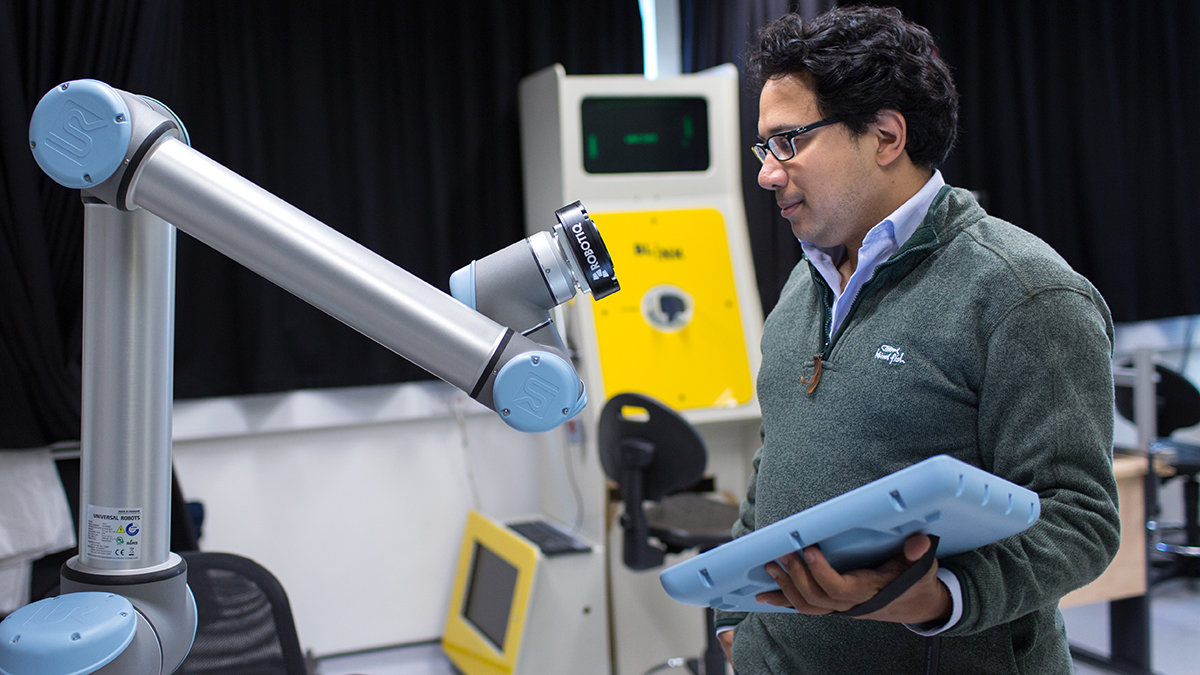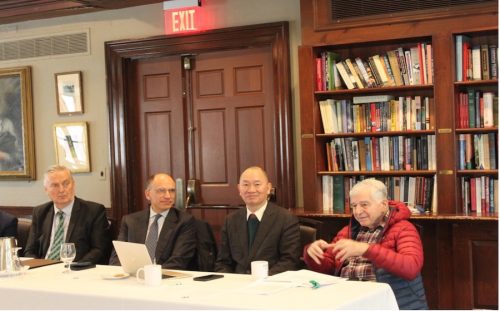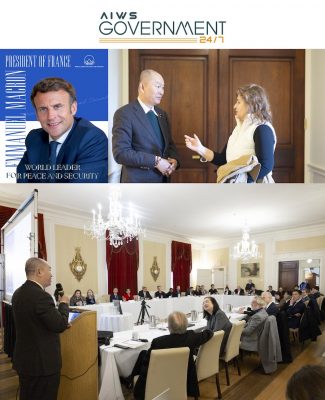This is an excerpt from the full article published on the UNCTAD website.
Governments have taken note. In addition to new AI regulation and policy interventions (such as the EU AI Act and the US AI Executive Order), there are arising a series of sovereign AIs, which development and use are under a nation’s control. Billions of dollars US are now being allocated to the creation of large-scale AI systems that are independent of Big Tech by countries across Europe and Asia (Canada recently has weighed in, but it is unclear if they will pursue a fully sovereign AI).
Generative AI is the general-purpose AI technology that underpins not only LLMs, but also the ability to create “deep fake” videos and other content that can potentially reshape economies, or alter the course of public opinions and the numerous elections scheduled for 2024. A number of countries have begun to say, effectively, ‘we need to better manage these systemic risks’, as well as ‘we want to embed our local values, our national cultures into the GPTs that we use’.
Governments of multiple nations have expressed concern over unconscious bias, on the one hand, and unilateral design decisions, on the other hand, originating from Silicon Valley-based companies influencing the performance and outputs of commercially available GPTs. Creation of sovereign GPTs is a trend that potentially represents a democratization of AI, and a nuanced understanding of the effects of digital technology on society.

DR A. ALDO FAISAL
Faculty of Engineering, Department of Bioengineering
Senior Lecturer in Neurotechnology
Dr Faisal is a Senior Lecturer in Neurotechnology (US equivalent: Associate Professor, tenured) jointly at the Dept. of Bioengineering and the Dept. of Computing at Imperial College London. He is also Associate Group Head at the MRC Clinical Sciences Center (Hammersmith Hosptial) and is affiliated faculty at the Gatsby Computational Neuroscience Unit (University College London).
Note: It is strongly recommended to visit the Faisal Lab’s web pages (www.FaisalLab.com) as that site is most up to date in terms of news and publications.
Dr Faisal’s lab combines cross-disciplinary computational and experimental approaches to investigate how the brain and its neural circuits are designed to learn and control goal-directed movements. The neuroscientific findings enable the targeted development of novel technology for clinical and research applications (Neurotechnology) for a variety of neurological/motor disorders and amputees. Key techinques include on the computational side machine learning & stochastic modelling techniques and experimentally we use psychophysics, eyetracking & kinematics, non-invasive electrophysiolog, robotic (with Brain-Computer Interfaces) and funcational imaging. We have featured regularly across global media (such as BBC Today Show, CNN, WIRED, TED, TEDx, New Scientist, Guardian, Times of India, etc.). In the acemic year 2013/2014 the lab comprised 15 Post-Docs and PhD students (see www.FaisalLab.com for more).










